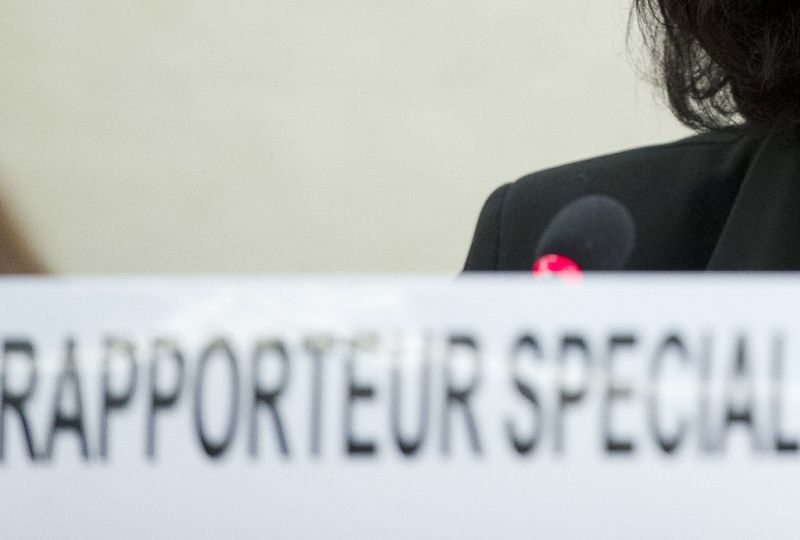Monitoring and impact assessment involves the regular and systematic assessment of performance, which provides an understanding of the progress of a mandate's programme in relation to planned results from activities.
‘This new publication provides many insights into how impact assessment can assist in identifying issues that may require decisions, actions and interventions to either accelerate progress on existing objectives or respond to new challenges for a particular mandate. Furthermore, the research also highlights scope for longer term strategic planning and capacity building to provide metrics and tools for measuring gains made in human rights advocacy through different interventions’ says the author Dr Jonathan Andrew.
The publication also provides further guidance, by way of recommendations, which can assist mandates as they consider future objectives. In the medium to long term, the research determined that UN Special Procedures should consider how their operations will best be able to exploit advances in information and communication technologies capabilities to facilitate reporting and dissemination of their activities.





